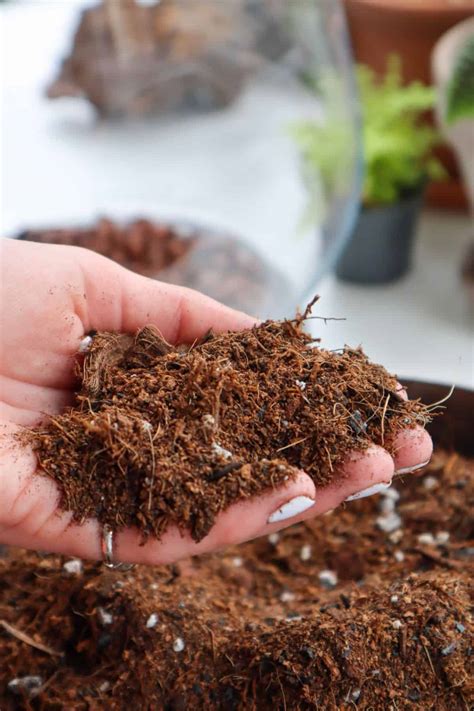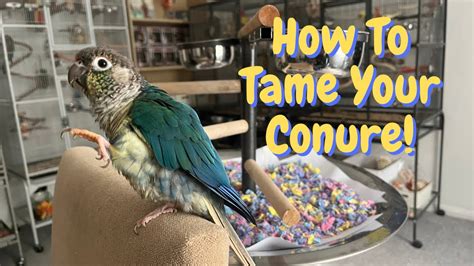Conures, vibrant and captivating members of the parrot family, exhibit a fascinating array of behaviors and characteristics that enhance their endearing nature and make them cherished companions. Understanding these traits is crucial for fostering a harmonious bond and providing the best possible care for these intelligent and affectionate birds.

1. Playful and Energetic
Conures are renowned for their playful and energetic demeanor. They delight in engaging in interactive games, such as hide-and-seek and chase, and spend hours entertaining themselves with toys and objects they manipulate with beak and feet. This playful behavior not only provides mental and physical stimulation but also strengthens the bond between conure and caretaker.
2. Social and Affectionate
Conures are highly social creatures that thrive on interaction. They form strong attachments to their human companions and seek out attention and affection. They enjoy being cuddled, petted, and engaged in conversations, exhibiting affectionate behaviors such as preening and nuzzling. Establishing a daily routine of handling and bonding activities is essential for fostering a strong and loving relationship.
3. Intelligent and Curious
Conures are highly intelligent birds that display a remarkable ability to learn and adapt. They possess excellent problem-solving skills and enjoy exploring their surroundings. Providing them with mentally stimulating toys, interactive puzzles, and regular training sessions can help satisfy their curiosity and prevent boredom.
4. Vocal and Communicative
Conures are renowned for their vocal abilities. They possess a wide repertoire of calls, whistles, and mimicry, which they use to express a variety of emotions and communicate with other conures and their human companions. Understanding the different vocalizations and responding appropriately can enhance communication and strengthen the bond between bird and owner.
5. Territorial and Protective
Conures can be territorial and protective of their space and resources, especially during nesting season. They may display aggressive behaviors, such as biting or lunging, if they perceive a threat to their territory or young. Providing them with a dedicated and secure environment and avoiding sudden movements or loud noises can help minimize territorial aggression.
6. Chewers and Foragers
Conures are natural chewers and foragers. They have a strong beak that they use to explore their surroundings, play with toys, and consume food. Providing them with a variety of safe and chewable toys and a stimulating foraging environment can satisfy their natural instincts and prevent boredom.
7. Prone to Anxiety and Stress
Like many intelligent and social animals, conures can be prone to anxiety and stress. Signs of stress in conures include feather plucking, pacing, screaming, and changes in appetite. Providing a stable and predictable environment, regular socialization, and appropriate enrichment activities can help reduce stress and promote well-being.
- Establish a Daily Routine: A consistent daily routine provides stability and predictability for conures, reducing stress and fostering trust.
- Offer a Variety of Stimulation: Provide conures with a stimulating environment that includes plenty of toys, foraging opportunities, and interactive activities to keep them mentally and physically active.
- Handle and Bond Regularly: Handle conures frequently to establish familiarity and build trust. Use gentle and respectful handling techniques to create positive associations.
- Communicate Effectively: Understand and respond to your conure’s vocalizations to enhance communication and strengthen the bond.
- Respect Boundaries: Avoid sudden movements or loud noises that may startle or frighten your conure. Allow them space when necessary to reduce territorial aggression.
Reviews from Satisfied Conure Owners
“My conure, Kiwi, brings joy to my life with his playful antics and affectionate personality. He loves to play fetch and cuddle on my shoulder.” – Sarah, Conure Owner
“I’ve had my conure, Luna, for over 10 years, and she never fails to amaze me with her intelligence and ability to learn new tricks. She’s the best companion I could ask for.” – John, Long-Time Conure Owner
“My conure, Mango, has a unique and expressive personality. He loves to mimic my speech and has even learned to say ‘hello’ and ‘good morning.'” – Mary, First-Time Conure Owner
“I adopted my conure, Phoenix, from a rescue organization. He had been neglected and was initially timid. Through patience and love, we’ve developed a strong bond, and he now thrives in his new home.” – Emily, Rescue Conure Parent
Conures remain popular pets worldwide due to their endearing personalities, playful nature, and ability to learn and bond with humans. As research continues to shed light on their cognitive abilities and communication patterns, conures are increasingly being recognized as intelligent and emotionally complex companions.
The future holds promising advancements in conure care, enrichment, and conservation. Researchers and avian enthusiasts are actively exploring novel approaches to enhance the health, well-being, and longevity of these captivating birds.
By understanding the behaviors and characteristics of conures, we can provide them with the care and enrichment they need to thrive and create lasting and fulfilling bonds with their human companions.





















